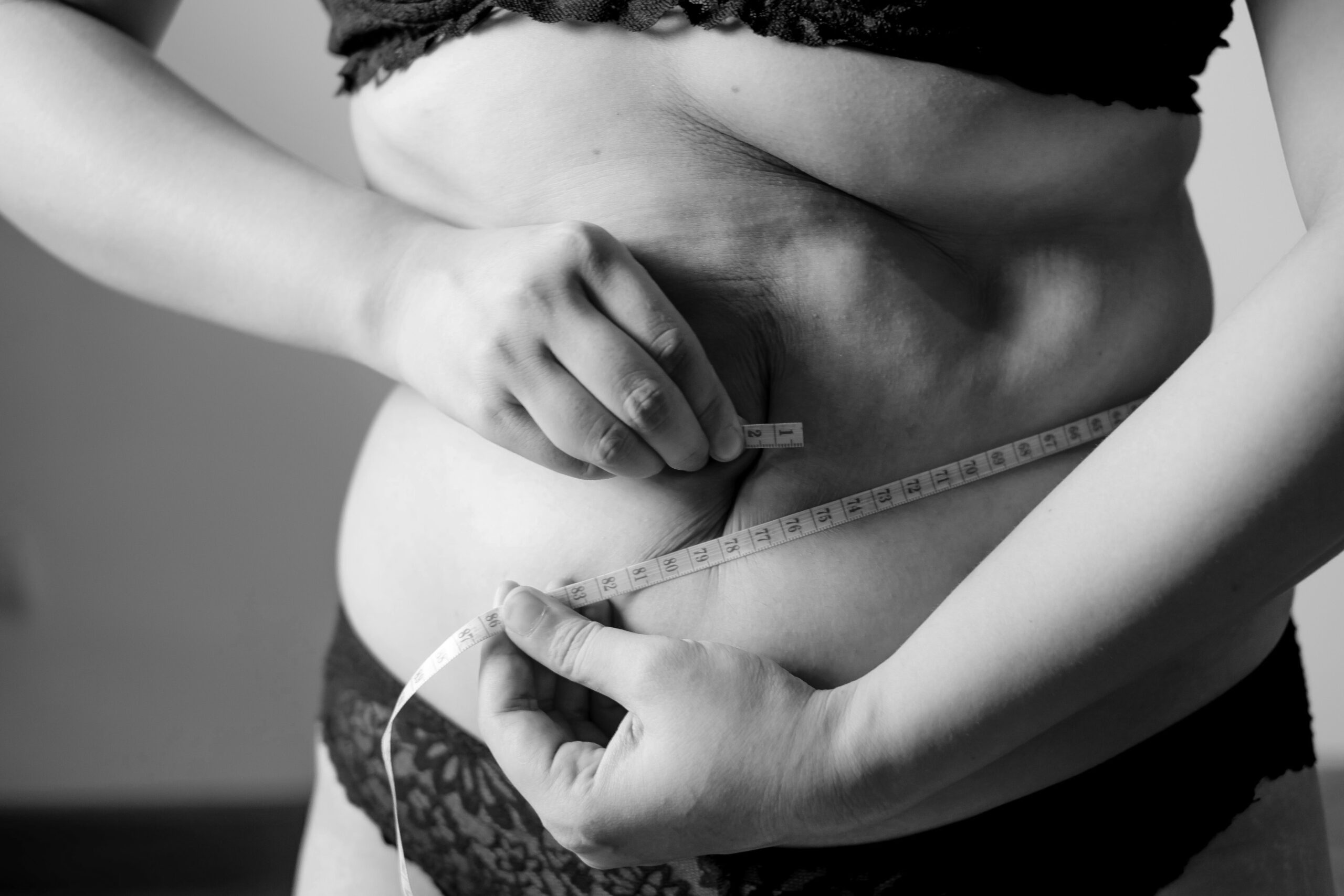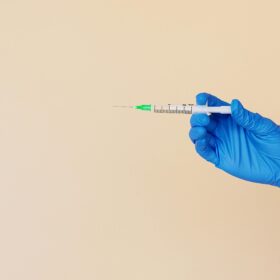
How long does the menopause last?
What's the lowdown?
No simple answer to this one – sorry! Every person is different – and their menopausal transition will be too.
Technically, menopause is just a single day. It’s the day that is exactly one year after your final (last) period.
Most people want to know how long menopausal symptoms will last – and that can range from months to over twenty years (for some very unlucky women). The average length of time is around 7 years.
The average length of symptoms varies by lots of things, including ethnicity.
There are a number of medical and lifestyle treatments which can help with the management of menopause symptoms over the years – so don’t worry.
When does perimenopause start?
Perimenopause is the period of time leading up to your last period. The perimenopause tends to start in women’s late 40s or early 50s. It’s a time when your hormones (oestrogen and progesterone in particular) are fluctuating because your ovaries start to produce less eggs. As a result, many women get hormonal symptoms during this time. There is not a fixed, specific age when perimenopause symptoms start. It will be different for everyone. Roughly 85% of women will experience some kind of symptom during perimenopause1, and for the majority us perimenopause happens in our 40s or 50s.
When is the menopause?
The menopause itself is actually a single day, and then you move into a postmenopausal phase. Menopause is when your periods have stopped for a full year, for reasons which are not surgical or medical. Menopause usually starts between the ages of 45 and 56 years 2 The average age of menopause is 51 in the UK3 and the US2. After your periods have stopped for a year, you transition into a postmenopausal phase. You may live in the postmenopause phase for 20-30 years, or roughly a third of your life. You can still get symptoms during your post menopausal years – many will have symptoms for years during this time.
About 5% of women will have an early natural menopause, occurring between the ages of 40 and 45 years. 31% of women experience primary ovarian insufficiency (POI) which is when you start to experience perimenopause under the age of 40 years3.
What is the average length of menopause?
Data currently suggests that the average length of time women have menopause symptoms is seven years2, but some women will have them for much longer. Every person is unique, and so some will experience symptoms for a much shorter time or not at all. There are also a number of unlucky women who will have symptoms for 15 years or more.
There are some factors which influence how long you will experience menopause symptoms for, including:
- Smoking status – if you smoke, you may have worse symptoms
- Lifestyle factors like exercise and diet
- Ethnicity
- Age your menopause starts.
If you’re looking to understand more about menopause symptoms, you can learn more here.
Do different ethnicities have different menopausal symptoms?
There is data to suggest that different ethnic groups will have different symptoms during menopause
- Black and Hispanic women have more frequent rates of premature and early menopause than Caucasian women. The incidence of premature menopause in Black and Hispanic women is 1.4% versus 1% for Caucasian women.5
- The incidence of early menopause (between 40-45) in Black and Hispanic women is 3.7% to 4.1% compared to 2.9% for white women. However, when confounding factors are considered, race does not seem to contribute to the differences in the timing of menopause for a specific individual. It’s only on a whole population level that this is seen.5
- Black women suffer more with vasomotor symptoms (hot flushes, night sweats, heart palpitations) than other racial groups. 80% of Black women experience vasomotor symptoms, and the median duration is 10.1 years. This is compared to only 65% of Caucasian women getting flushes and sweats, with a median duration of 6.5 years.6
It’s very important to understand how different ethnicities experience menopause, so that we ensure everyone gets the appropriate care. The world needs more data collected on menopause. If you’d like to tell your menopause story and share your experience with The Lowdown, you will be helping other women feel less alone and advancing researchers’ understanding of real women’s experiences.
So, how do I know what to expect?
Every menopause is different. If you’re struggling with symptoms, it’s important to seek help from a healthcare professional. Symptoms can last for years, and so you don’t want to struggle through without support. Even if they don’t last for long, there’s no harm in taking steps to look after yourself as you enter perimenopause and transition through menopause. The lifestyle and treatment choices you make at this point in life can have big positive impacts on your long term health.
If you’re struggling, there’s help. You can start by speaking to your GP, or the menopause clinicians at Stella.
Our medical review process
This article has been medically reviewed for factual and up to date information by a Lowdown doctor.






